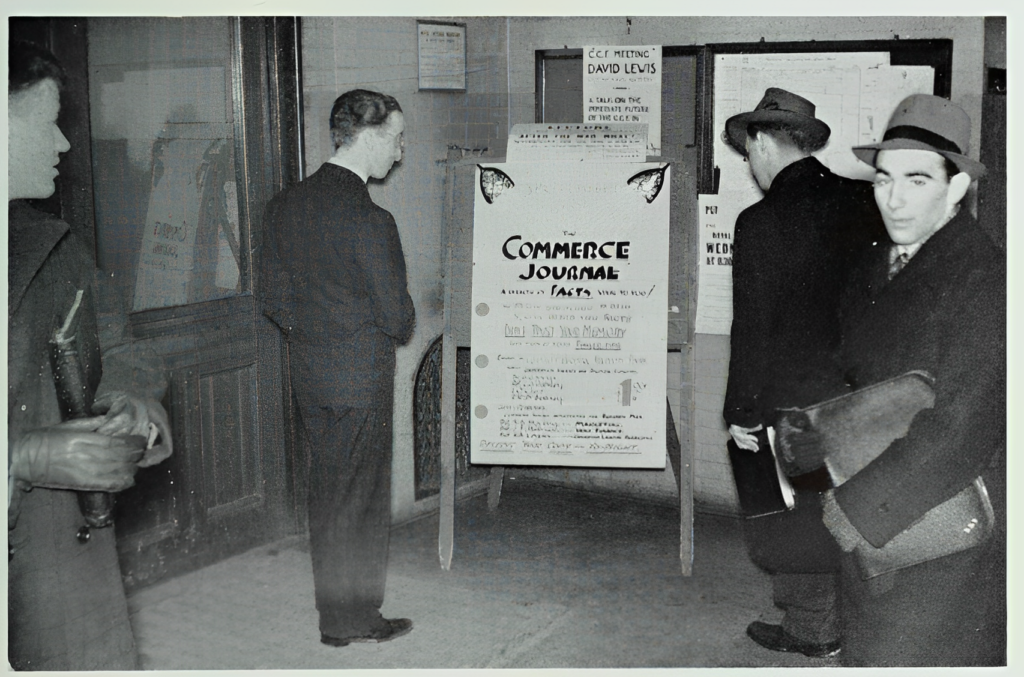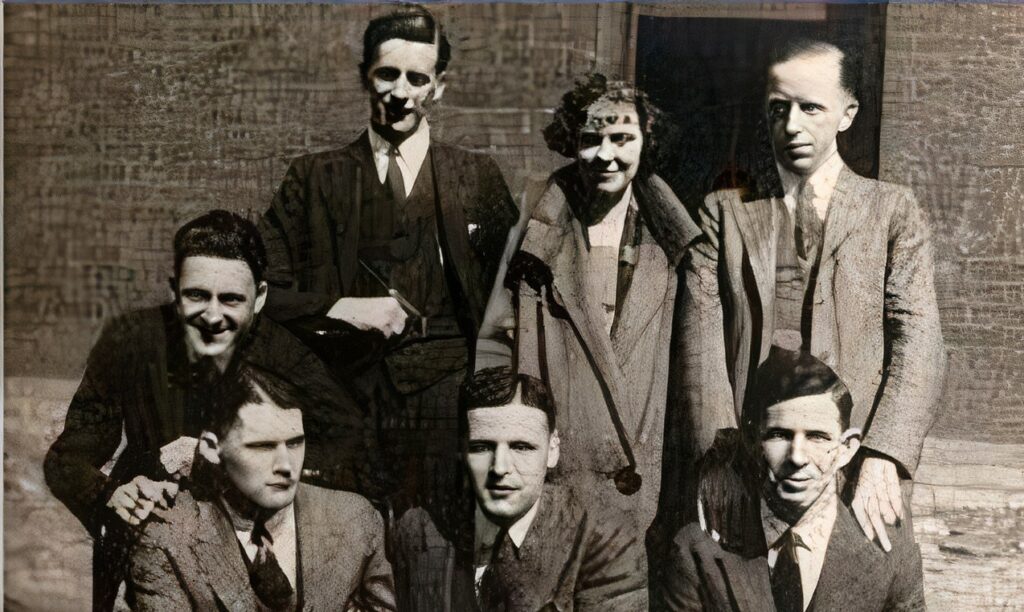
100 years of building community
From its inception in 1920 to present day, U of T’s Commerce Club – the predecessor to today’s Rotman Commerce Students’ Association (RCSA) – has served as an important channel for growing and enriching the Rotman Commerce student community.
An official representative organization
In the same year as the Bachelor of Commerce degree was established at U of T, the first ever Commerce Club was formed. This new group was to function as “the official representative organization of the new course in Commerce, promising to be not only a valuable asset to the students in this course, but a potent factor in the successful fulfillment of the proposed studies in this new department.”
With Harold Innis as the Commerce Club’s first President, the organization grew to play a central role in Commerce student life. It quickly became a central hub for business students to connect, network, and learn from one another. The club’s early years were focused on organizing social events and building relationships between students and faculty members, but it soon evolved into a platform for students to develop their professional skills and engage with the broader business community. Six years after the Commerce Club was founded, the Women’s Commerce Club was created as well, with the objective of providing female students who were not initially admitted into the Commerce Club with a similar space for socializing and networking.
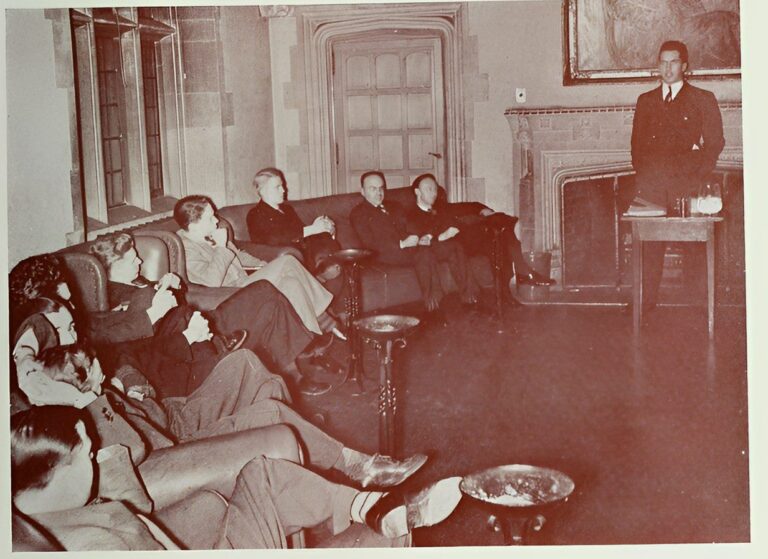
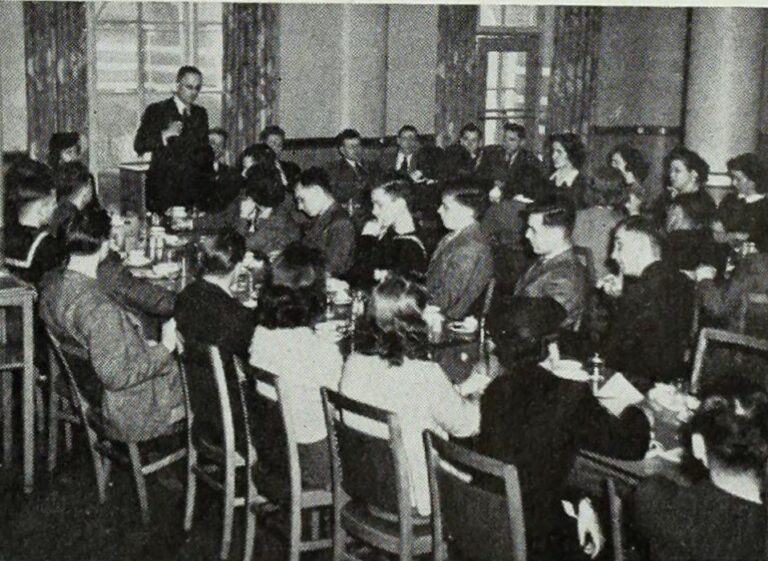
A bridge between communities
Although its primary objectives were “to discuss current political, financial, and economic trends with those who are in close contact with world affairs, and to serve as a unifying influence between undergraduates, graduates, and staff,” the Commerce Club also took the initiative of hosting a variety of social events. Such gatherings included an annual banquet and regular meetings featuring distinguished speakers from the business community, such as Floyd S. Chalmers, the Editorial Director of the Financial Post in 1925, Arthur Meighen, the former Prime Minister of Canada in 1927, and William H. Clark, the first British Commissioner to Canada in 1934. One such lecture from W.O. Twaits (BCom ‘32) emphasizes the Commerce Club’s focus on community: “31 years ago my emphasis was on the value to the individual. The chief value I placed on the course was its preparation for a career. Today I think I would tend to rate more highly the contribution that people with such a background can and must make to the community.” The group also hosted a range of dances and sporting tournaments, including bowling, miniature golf and squash.
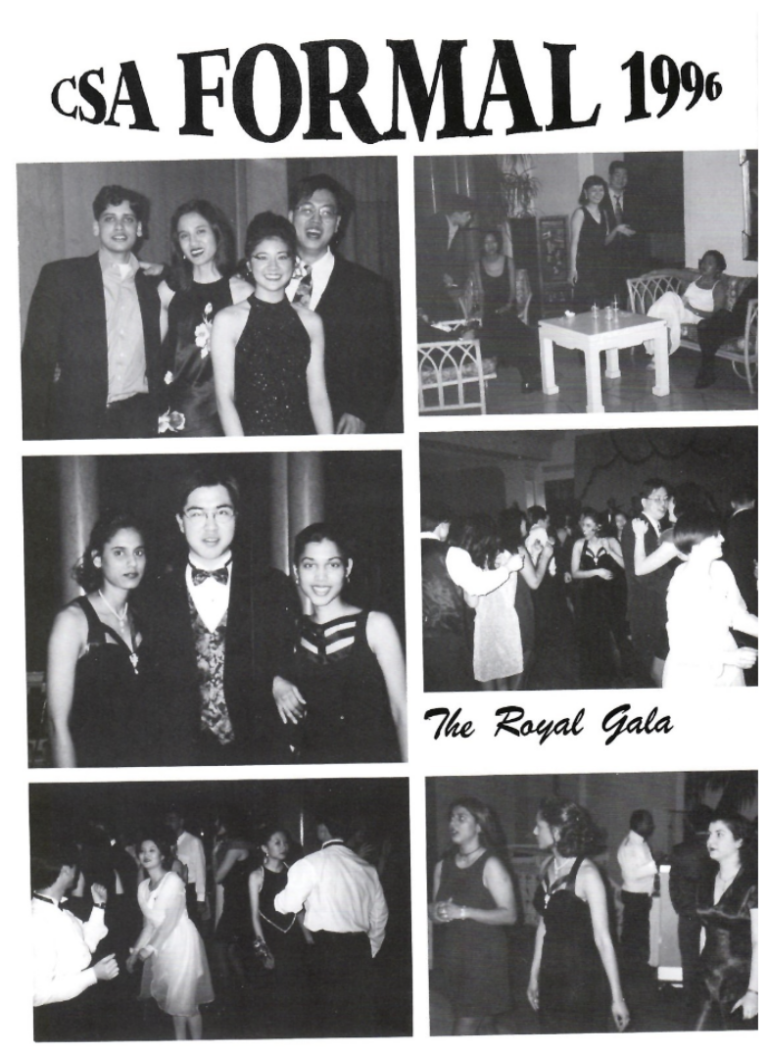
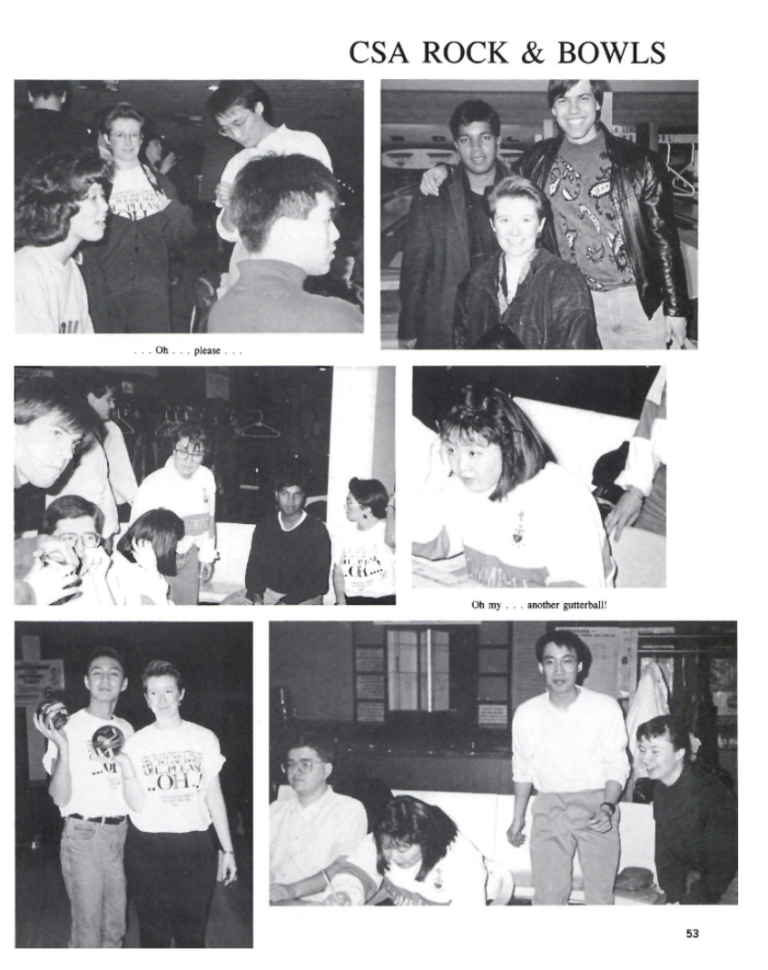
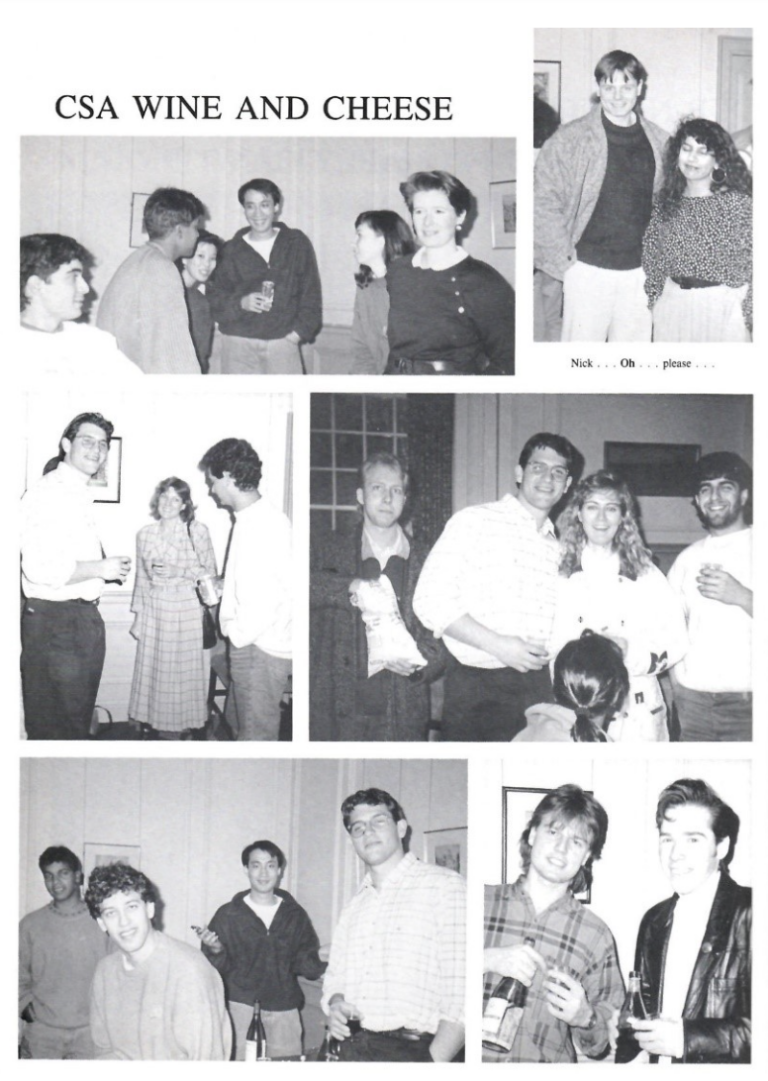
Despite this range of engaging initiatives that were well received by the community, the Commerce Club was not immune to challenges over the decades following its inception. During the 1930s, the effects of the Great Depression were felt by both Commerce students and the Commerce Club; this was combatted by lowering ticket prices for the group’s annual At-Home. During World War II, many Commerce students enlisted in overseas service, and because of declining membership numbers and the onset of the war, the activities of the Commerce Club were restricted to smaller-scale, more informal gatherings. Ultimately, after 50 years of operation, the Commerce Club was dissolved in 1970 due to a lack of student interest and participation.
Ushering in a new era
In 1967, the Political Economy Course Union (PECU) was created, open to all students in political science, economics, and commerce and finance. The following year, however, the Commerce program left the Union and established its own Commerce Students’ Association (CSA) to better represent the interests of Commerce students. Alongside its role as a liaison between the department and students, the CSA also took over student life and organized events and activities, such as dances and sporting tournaments, after the Commerce Club ceased to exist in 1970. Now known as the Rotman Commerce Students’ Association (RCSA), the group has grown in both size and scope, serving as a vital resource for students seeking to build their networks, gain practical experience and make a positive impact in their communities.
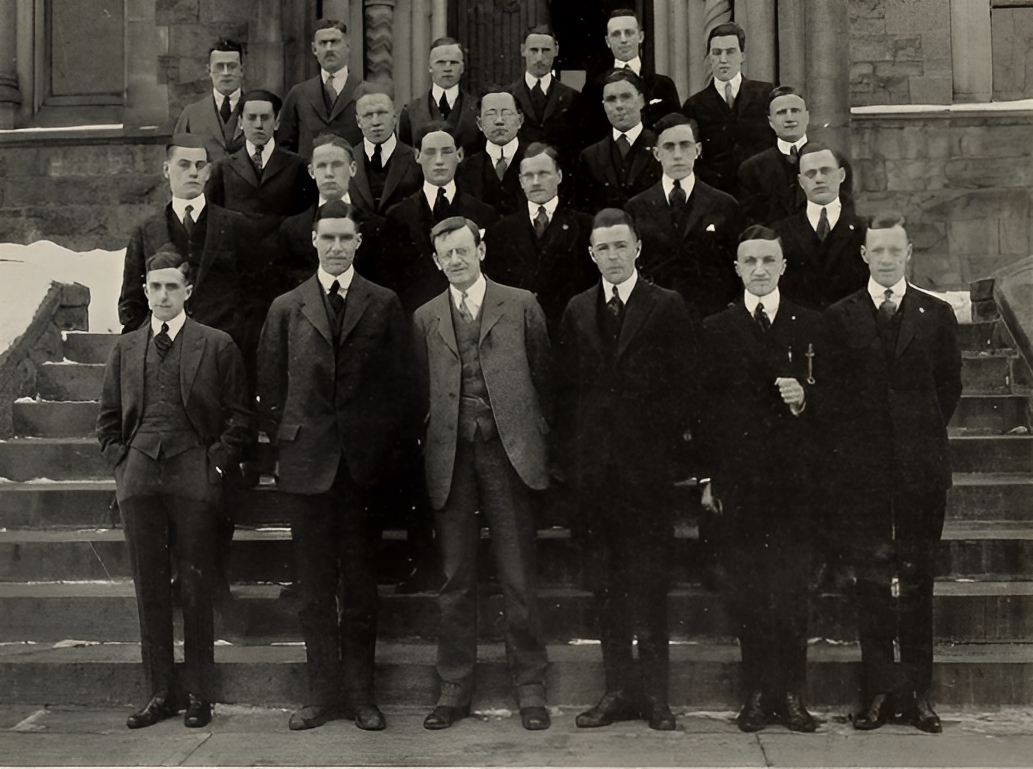

Before: The inaugural Commerce Club executive team in 1920 (courtesy University of Toronto Archives); after: The 2022/23 Rotman Commerce Student Association executive team
One of the RCSA’s most significant contributions to the Rotman Commerce community has been its focus on diversity and inclusion. The organization has worked tirelessly to ensure that students from all backgrounds feel welcome and supported at Rotman Commerce by implementing a range of initiatives designed to champion equity and diversity within the program. For example, the RCSA launched the Equity, Diversity & Inclusion Course of Action Report, which is dedicated to fostering a welcoming and inclusive environment for all students. Specifically, the report implemented inclusive hiring practices within the RCSA, such as blind resume screening, and advocated for similar implementation strategies across all Rotman Commerce student groups. It also advocated and supported the first EDI training for student executives in Rotman Commerce with the Student Life team. The group further organizes events, workshops, panels, and other initiatives that focus on issues of diversity, equity and inclusion. These include the RCSA International Students’ Award, which was founded with the objective of initiating a cycle of giving back to the student community.
“We want to raise sufficient funds to make our award qualify as a permanent endowment fund. This will enable us to help the recipients of this award year after year. We could pass the baton to future executive teams to top up the award in the future to increase its impact.”
Adnan Khan (2022/23 RCSA President, BCom ‘23)
The RCSA enriches the Rotman Commerce and U of T communities by providing students with opportunities for personal growth, professional development and community building. With its roots within the Commerce Club, the RCSA has evolved to become a more inclusive and representative organization, reflecting the diverse perspectives and experiences of the student body, and creating a more vibrant and engaging community for all Rotman Commerce students.
By Claudia Flis
Lead photo: 1944 Commerce Club meeting (courtesy of University of Toronto Archives)
